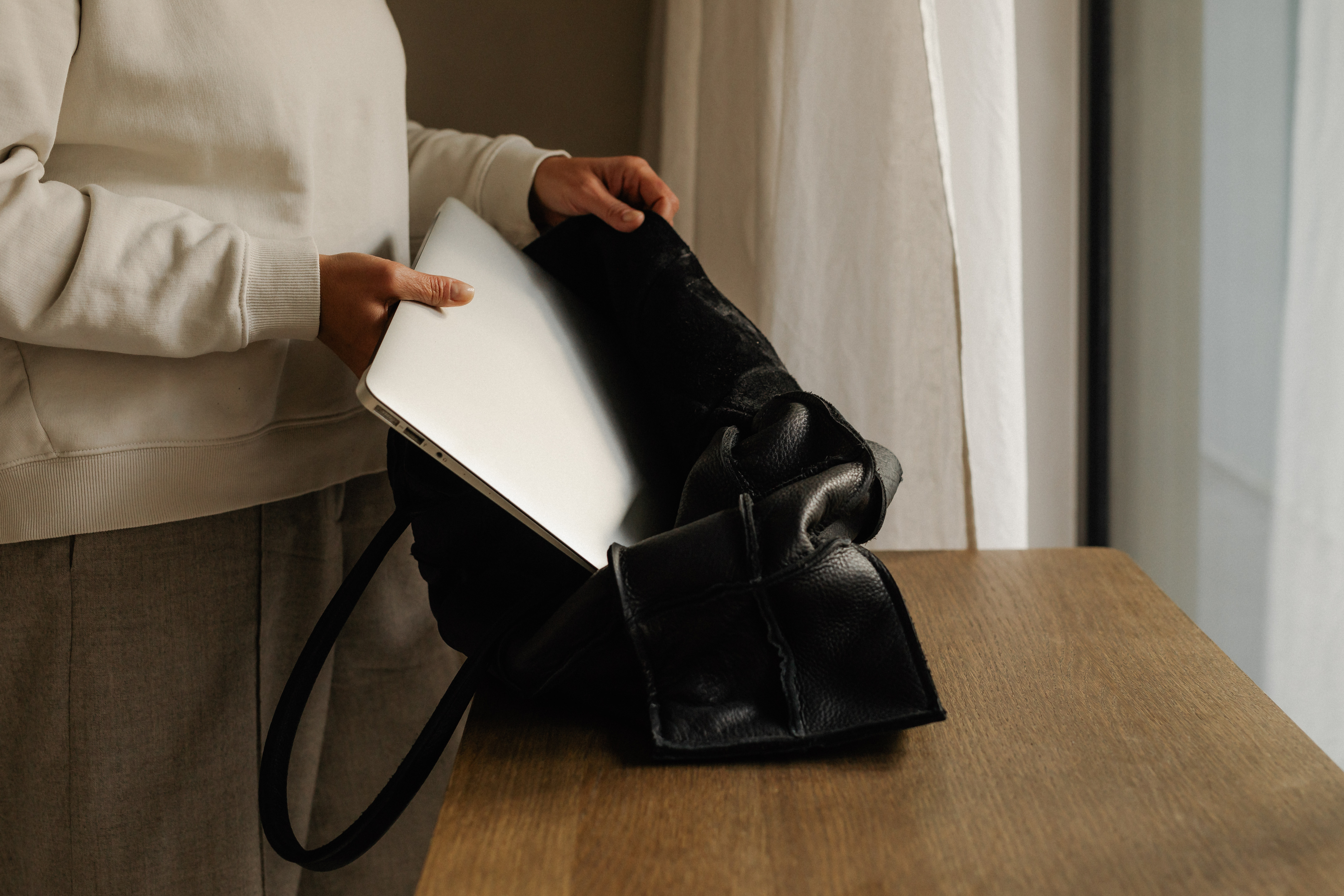Can I buy an investment property in my SMSF? How much super do I need to have in order to get started? Can I buy a commercial property with my SMSF and lease it back to my own business? Can I borrow money from the bank to buy property in my SMSF? Can my family members live in the property? Who are the lenders that offer finance solutions to SMSFs? What are the tax benefits? What are the fees and costs?
If you encounter these questions, keep on reading!
Opting to invest in property through your Self-Managed Super Fund (SMSF) can be a strategic move to fortify your financial prospects. When executed with precision and effective management, this approach can yield substantial tax advantages, concurrently fostering long-term growth in your super fund balance.
A Self-Managed Super Fund (SMSF) is a trust structure designed for the administration of retirement savings on behalf of its members. To maintain compliance, SMSFs must adhere to the 'sole purpose' test, signifying their existence solely for the provision of financial benefits to members during their retirement years. Distinguishing itself from retail or industry superannuation funds, a SMSF appoints its members as trustees, empowering them to oversee operations for personal gain and uphold compliance with prevailing super and tax regulations.
Investing in property through a Self-Managed Super Fund (SMSF) comes with stringent guidelines governing the type of property, purchase management, and property usage. Adhering to these regulations is crucial to prevent SMSF SISA breaches, ATO penalties, and potential non-compliance issues, ensuring alignment with the 'sole purpose test' requirements.
Here's a breakdown of what a SMSF can and cannot do regarding property investments:
1. Residential Property:
- An SMSF can borrow up to 90% LVR (Loan-to-Value Ratio) to purchase an investment property.
- An SMSF has the flexibility to opt for either long-term tenants or short-term Airbnb hosting arrangements.
- An SMSF can cover purchasing costs, many of which are typically tax deductible.
Such as: Valuation fees; building and pest fees; legal fees; stamp duty, ongoing property management fees such as maintenance, rates, and insurance; commissions payable to real estate agents, such as buyer agent fees; loan costs, such as interest.
- An SMSF can buy a block of residential land and build a house on it as long as the SMSF has enough funds to complete without borrowing from external lenders.
- An SMSF is prohibited from purchasing a residential property from a fund member or any related party.
- Fund members or related parties are not allowed to stay in the residential property acquired by the SMSF.
2. Commercial Property:
- An SMSF can borrow up to 80% LVR to purchase a commercial property.
- If an SMSF purchases a commercial property, it can be leased to a fund member for business purposes.
- The leasing arrangement must comply with market rates, lease term and specific regulatory guidelines.
In Part Two, we will talk more about the advantages of property investment through your SMSF. Naturally, we'll explore the tax advantages that everyone is eager to understand better.




